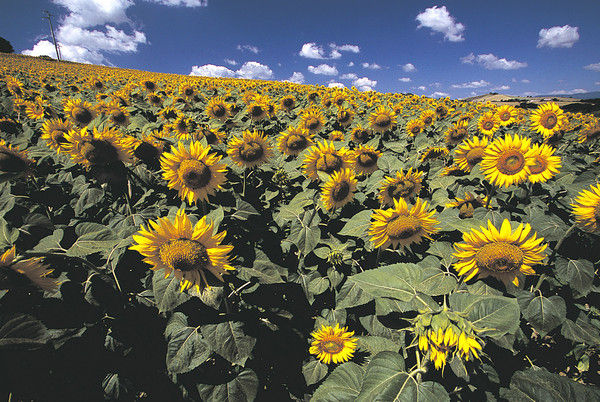
Agroenergies do not have to pay income tax rebates
Article 22 of the Decree Law no 66 dated April 24, aims to modify the income taxation deriving from the production and sale of renewable energies – agroforestry and photovoltaic systems – in order to raise funds for the €80 increase in the salaries of many Italians. For agricultural entrepreneurs it will imply a remarkable increase in taxation, putting at risk the stability of their companies
While the European Union is continuing to show a remarkable interest in the development of renewable sources of energy, planning for 2030 even more ambitious productive targets than those binding for 2020, Italy is risking to be left behind, drifting away in search for resources under the “spending review”. An alarming example of how a measure, even though conceived with the best of intentions, could cause irriversible damages, is included in Decree Law no 66, dated April 24 (Official Journal 95/2014) and entitled “Urgent measures in matter of competitiveness and social justice”. The decree is aimed at collecting the necessary economic resources for the €80 increase in the salaries of many, but not all, poor Italian citizens. However, article 22 entitled “reducing tax expenditures”, step 1, aims to modify the way is taxed for farmers the income deriving from the production and sale of electricity and heat from renewable sources – agroforestry and photovoltaic systems – and of fuel products. Up to this day – starting from the 2006 State Budget (Article 1, paragraph 423, Law 266/2005 and further modifications) – these operations were considered, to all intents and purposes, “related activities” and consequently source of agrarian income, thus being framed in a tax regime relatively inexpensive, as it was determined according to the Land Registry Value. Should the new regulation be confirmed, a significant modification would be introduced, estabilishing for the income to be determined by applying the profitability coefficient of 25% to the amounts of the transactions made for Vat purposes. It implies that a quarter of all revenue attributable to the production of agro-energy will be subject to a remarkable increase in taxation, blowing literally up the business plans of many agricultural entrepreneurs who could see in bioenergies an opportunity to consolidate their budget and to protect traditional productions. According to some surveys, for example, a farm with a 700 kW biogas plant (national average size) shoul pay almost €150,000 a year. It would be an illogical paradox if the Government, in order to grant the €80 increase, were to determine the dismissal of other people in the primary sector, which is still enormously suffering from the continuing economic crisis.
In order to limit the risks linked to this measure, agricultural and renewable energies associations have made a series of proposals for amendments to the above-mentioned article 22 of the Decree, avoiding to demand its removal (as it might have been expected) in an attempt to reduce its impacts.
In fact, considering that from this specific transaction the Government is expecting a recovery of income tax revenue of approximately €34 million for 2014 and €45 million a year from 2015, it would be unrealistic to suppose its abolition, while its modification would anyway ensure a level of revenue of similar consistency. In this perspective, the improvements that would make sense to avoid taxation should demand a threshold level of annual energy produced (for small plants typical of farms) beyond which it could be implemented the above-mentioned 25%, only on the value of energy sold and obviously excluding the portion of the incentive.
In conclusion, the agricultural world involved in renewable energies hopes for the rethinking of the measure, especially in order to protect the supply chains of biogas and biomass, designed for the enhancement of agricultural and forestry products and by-products, which are making a great contribution to the maintenance of employment in the countryside, the reduction of greenhouse gases and more generally to the protection of the environment.








